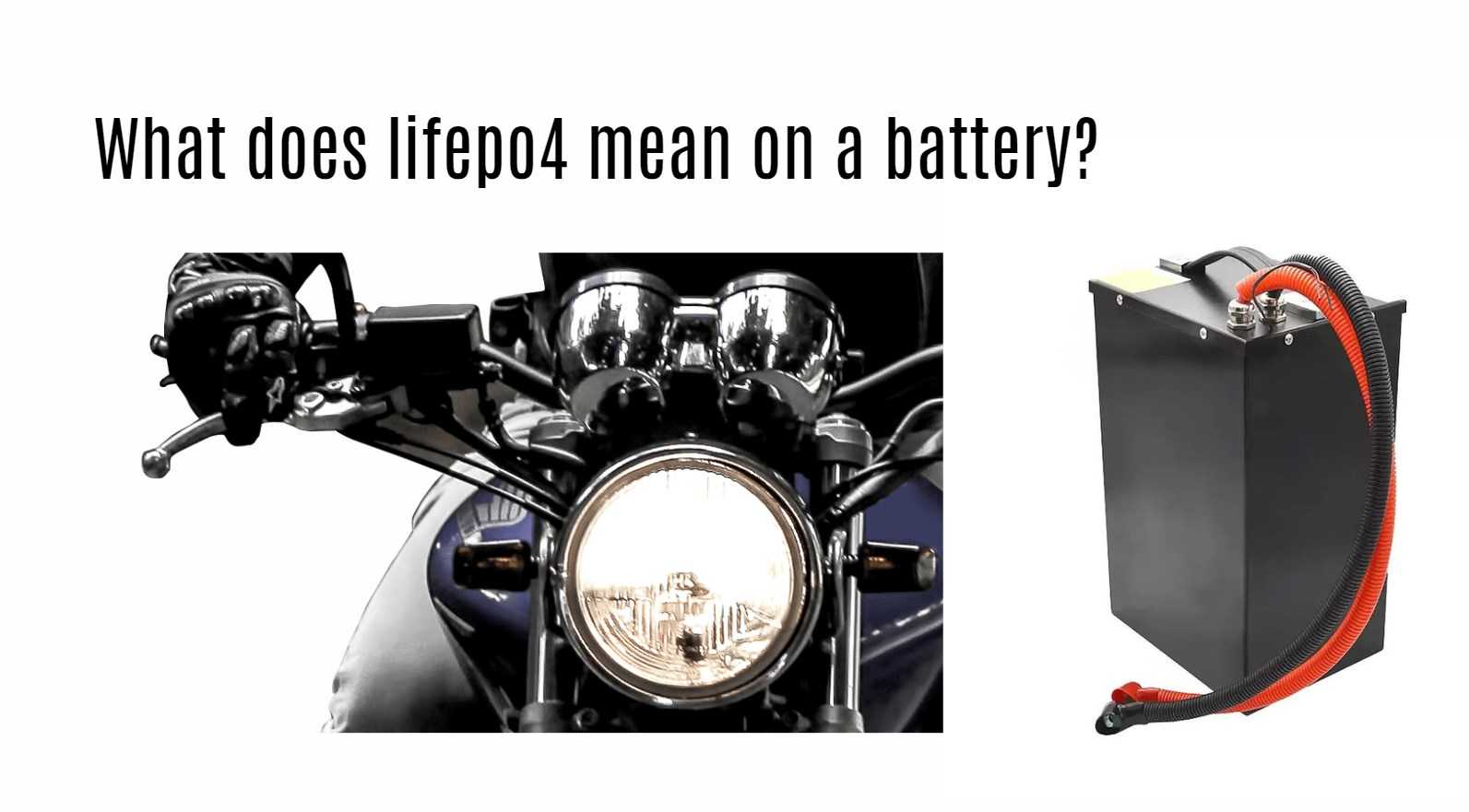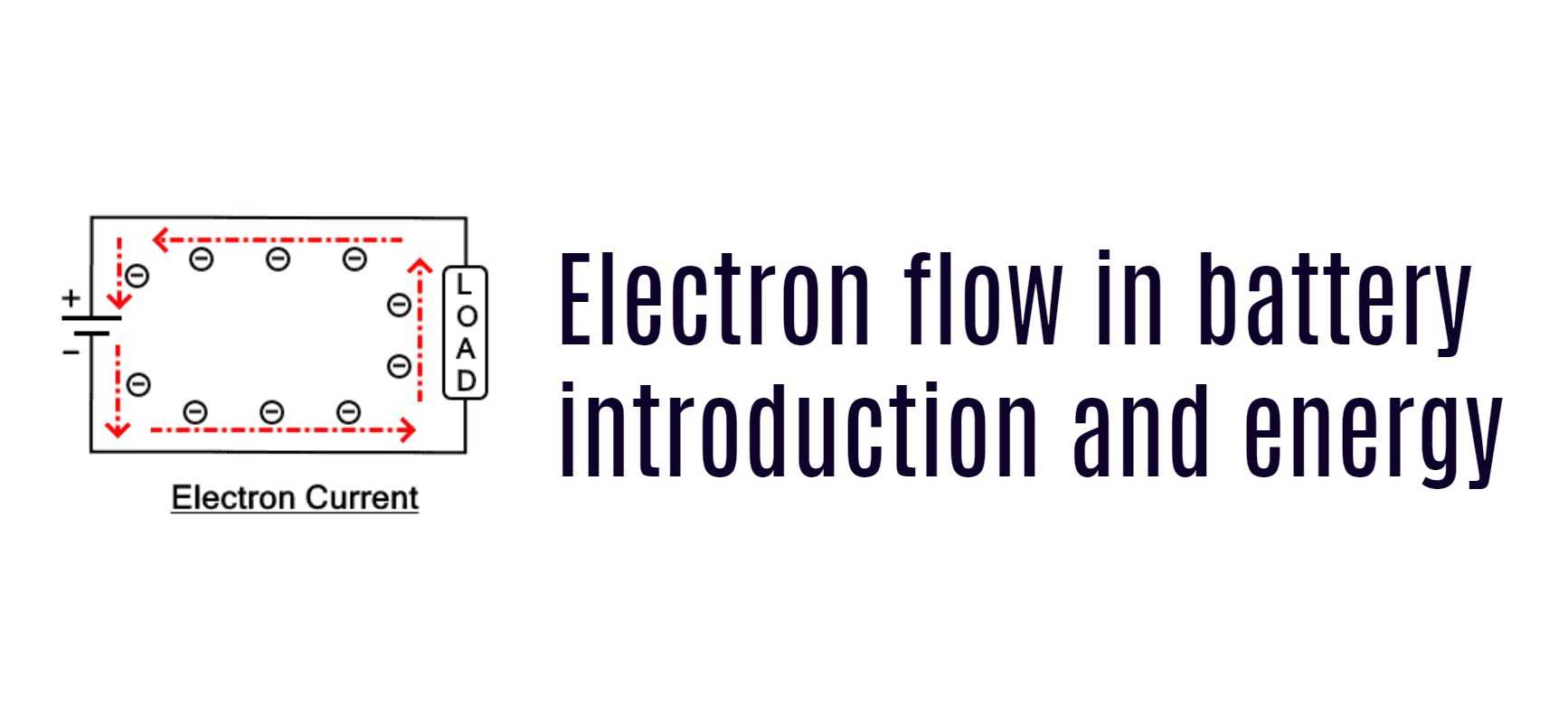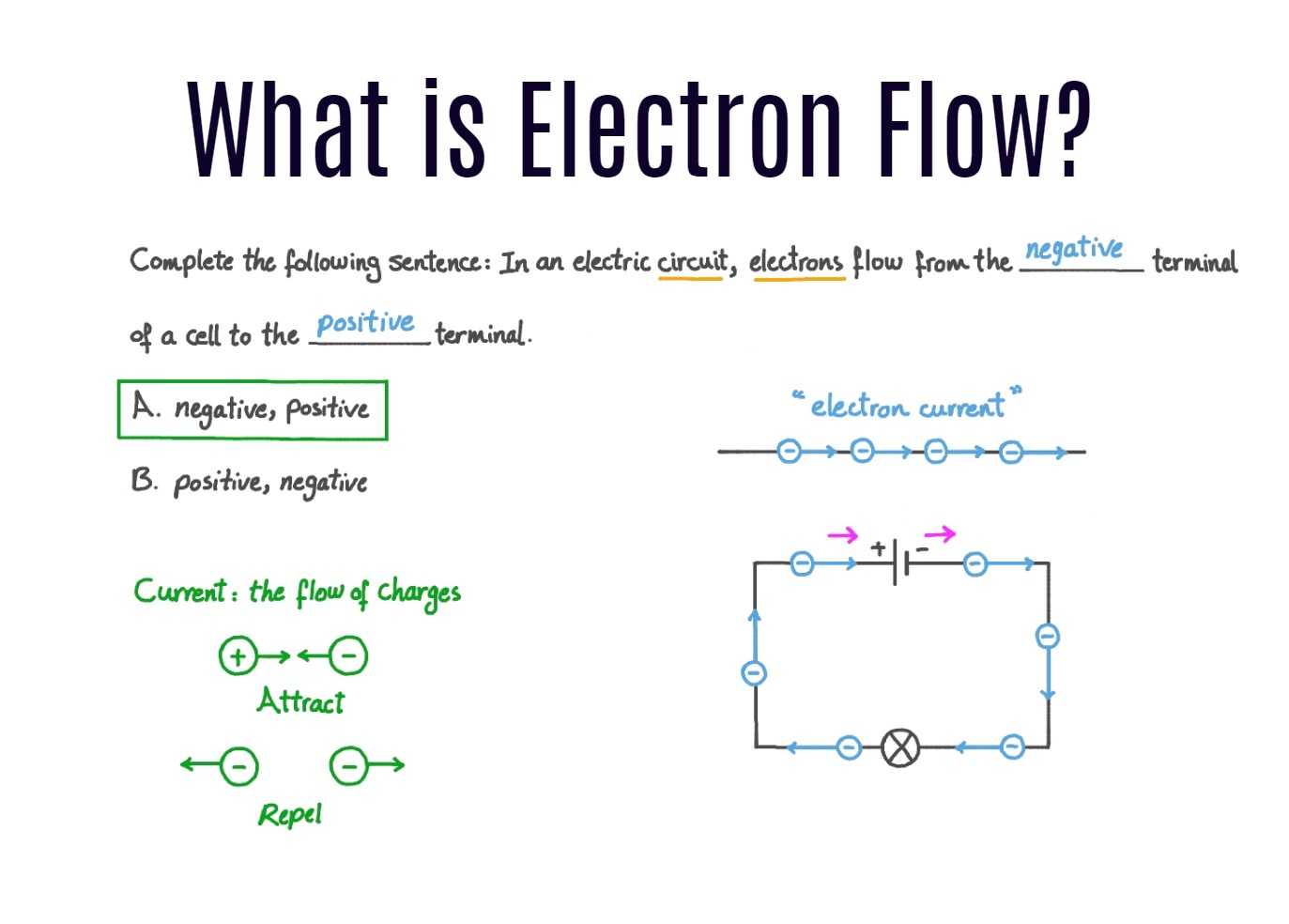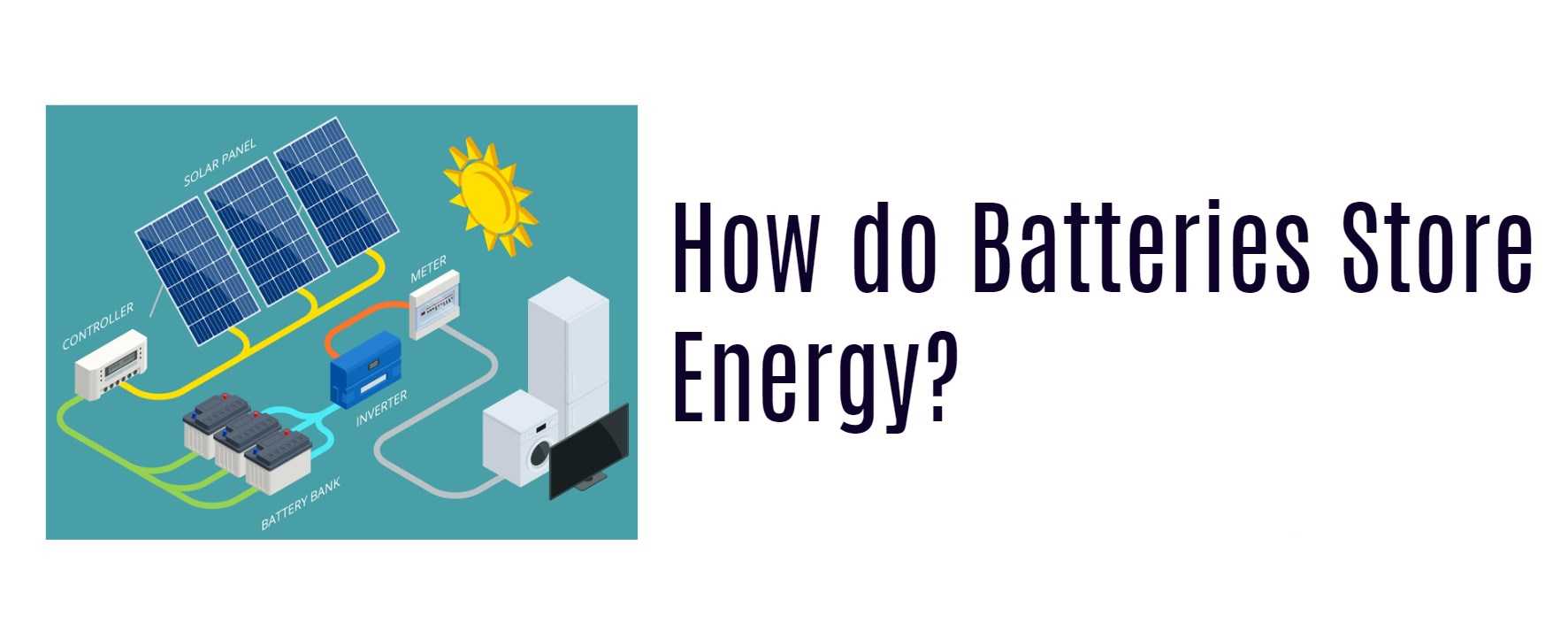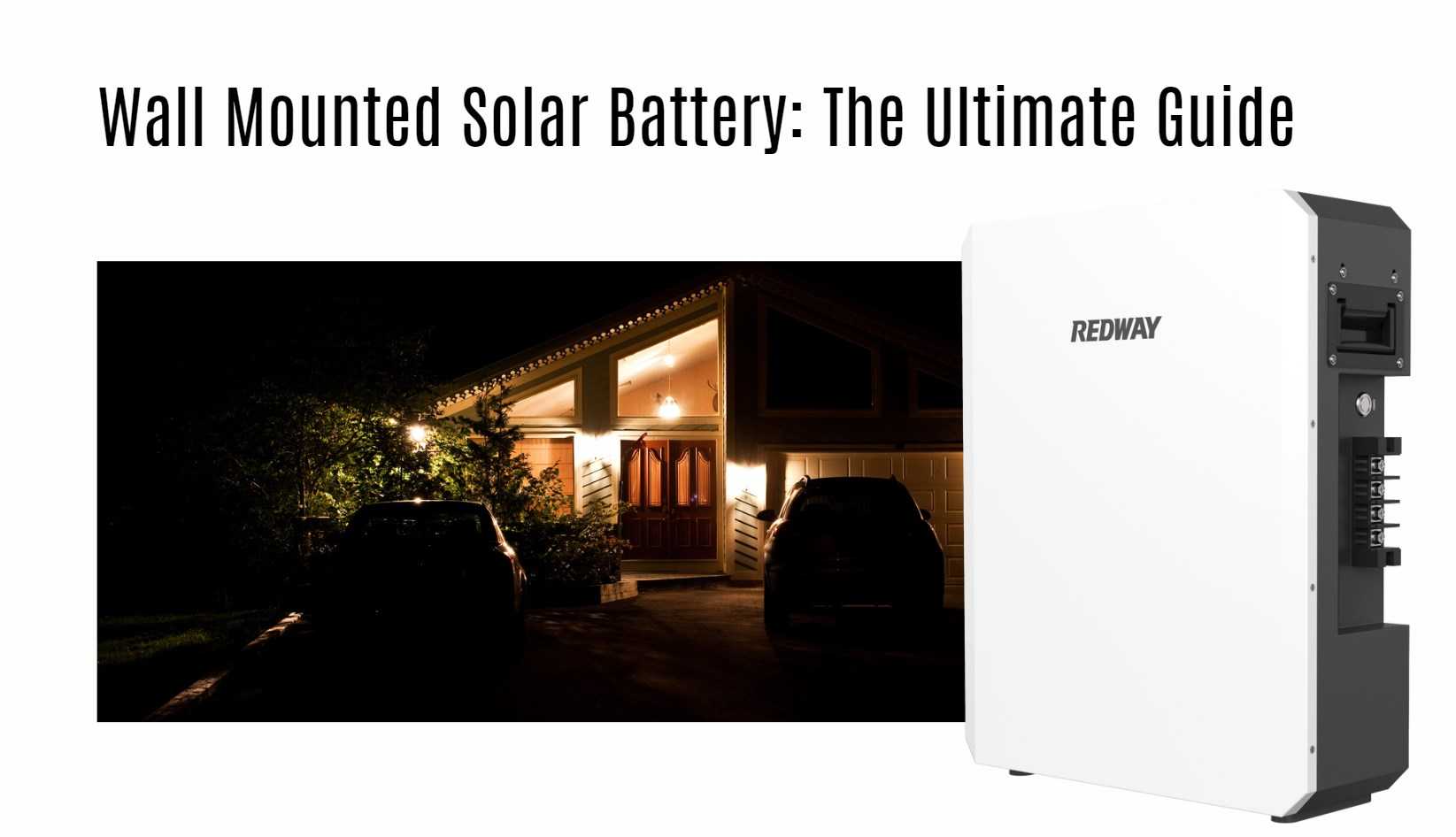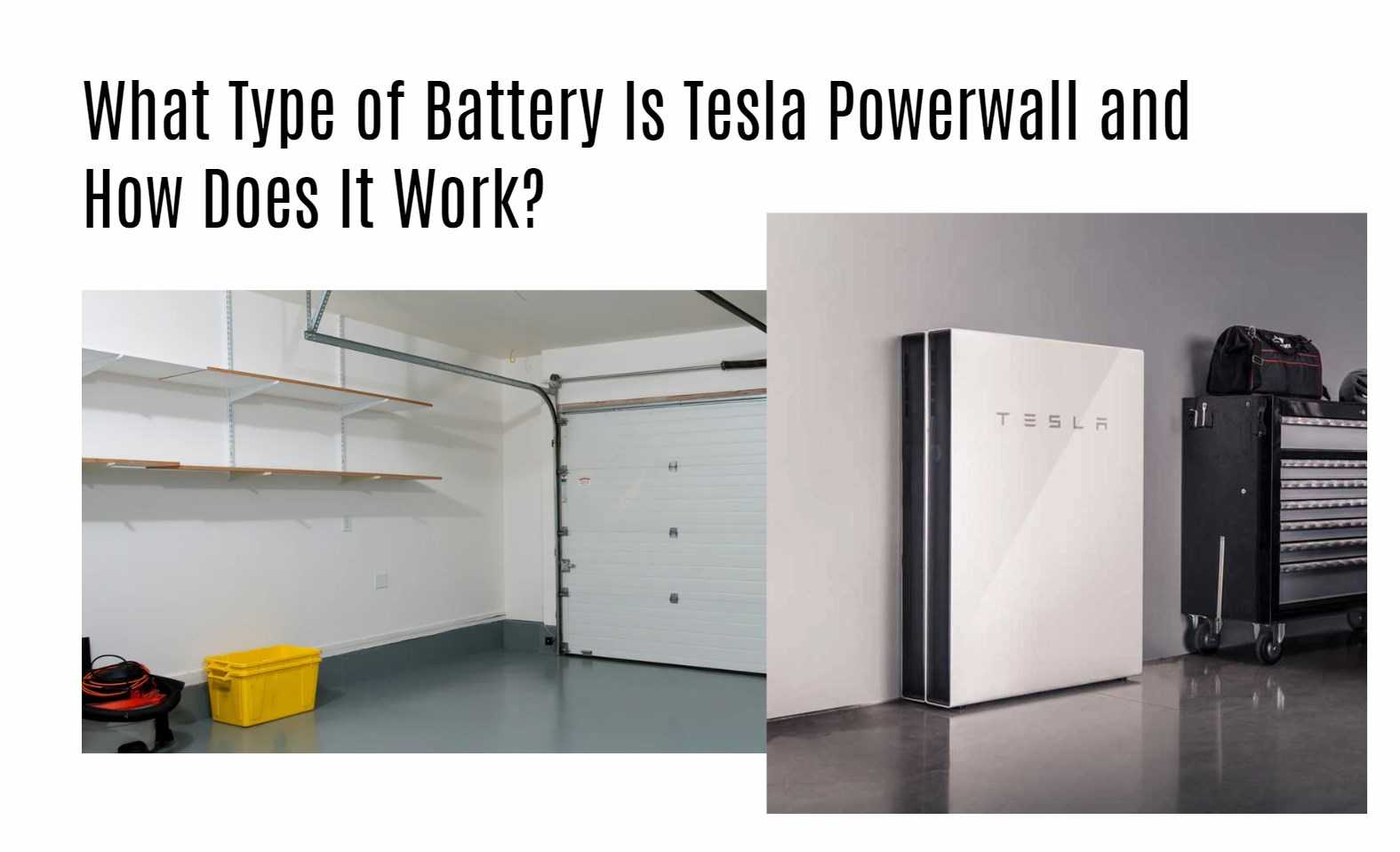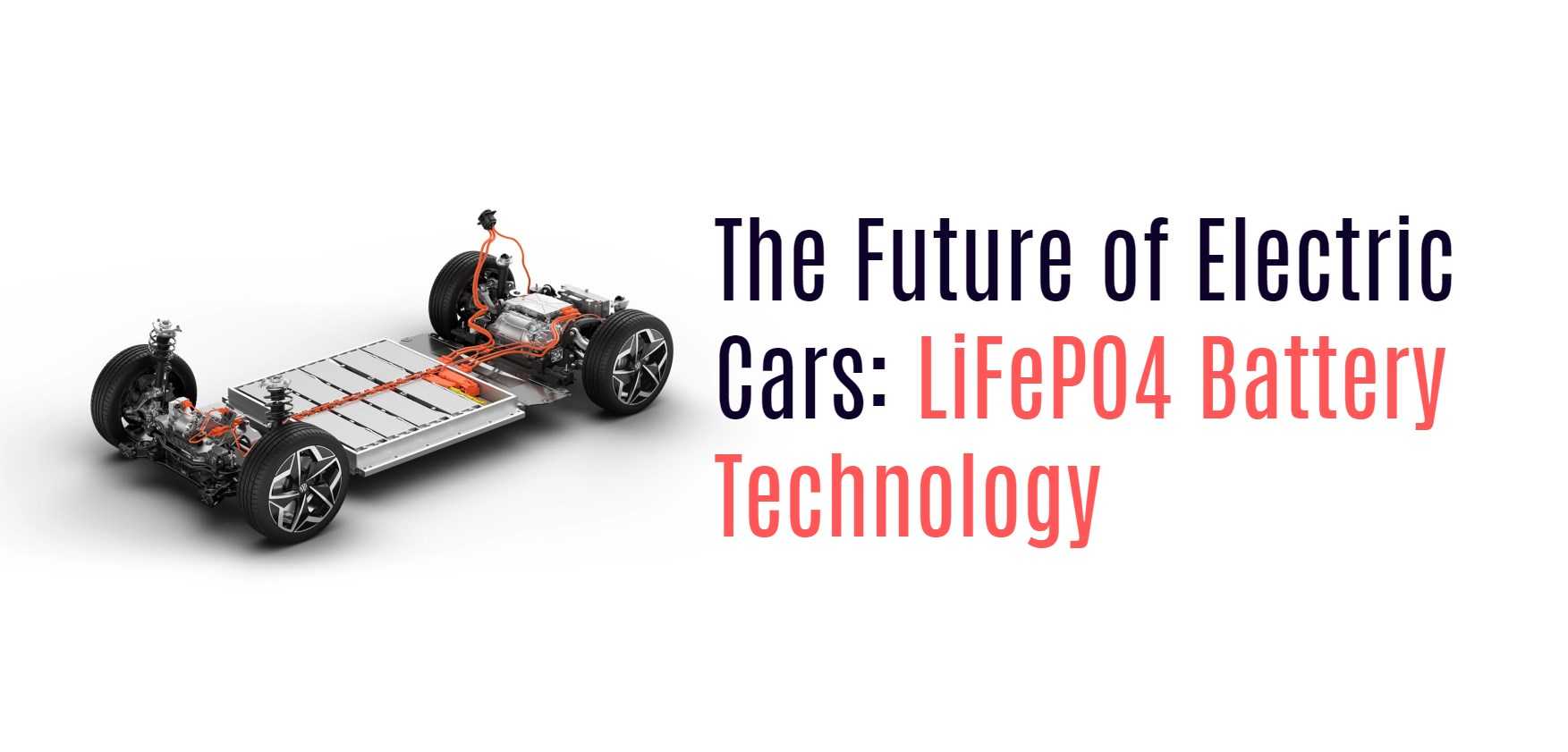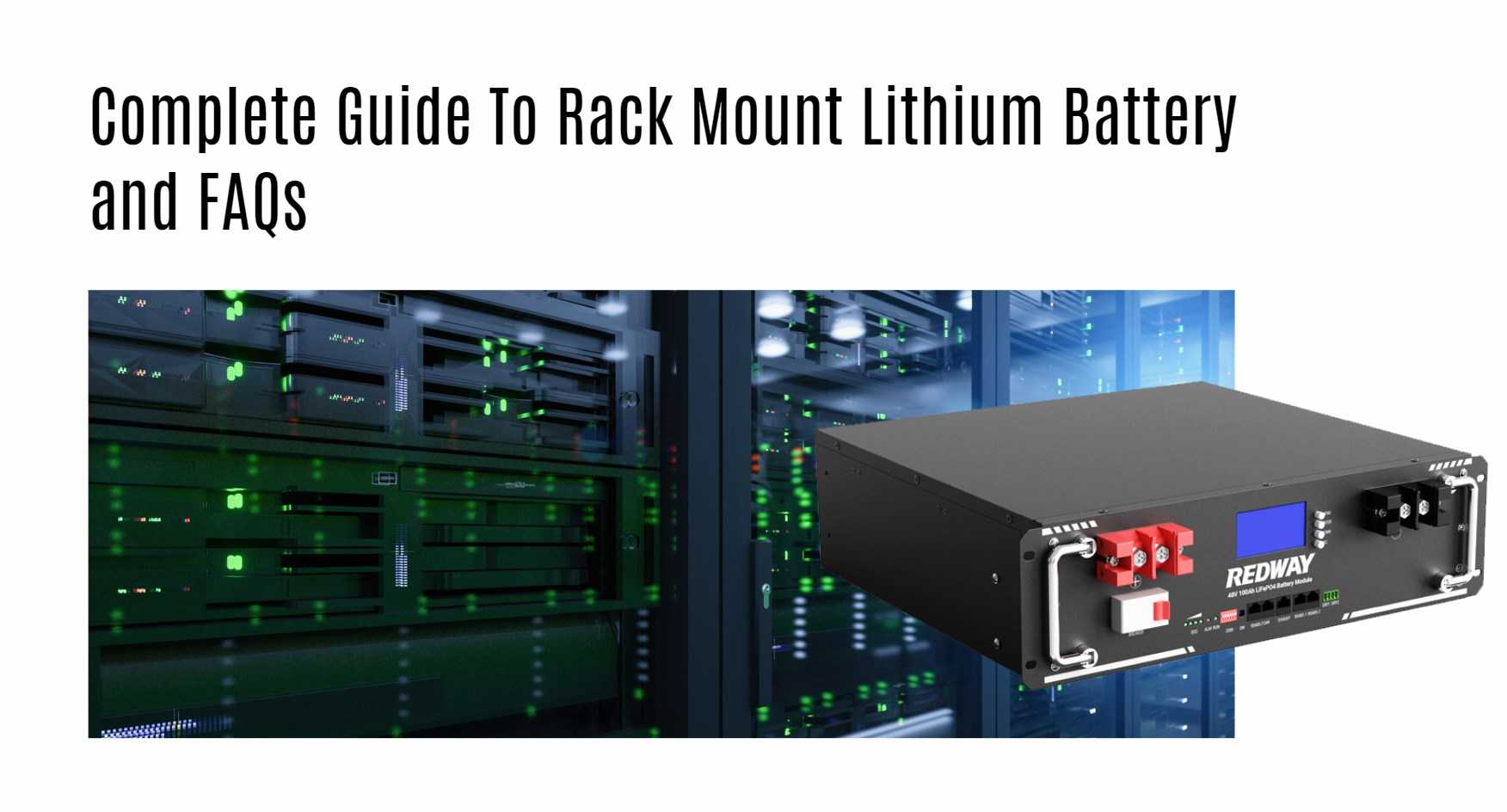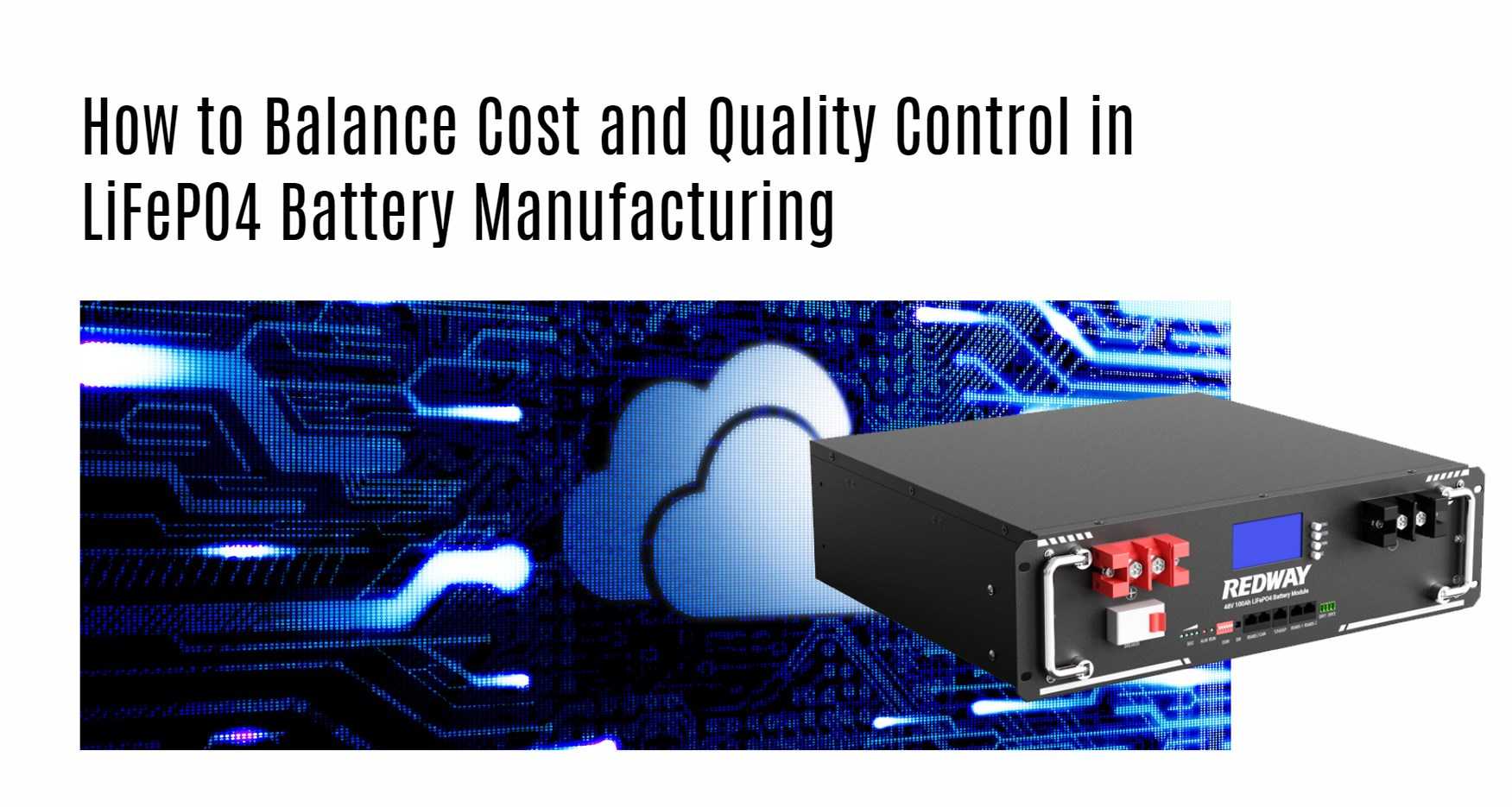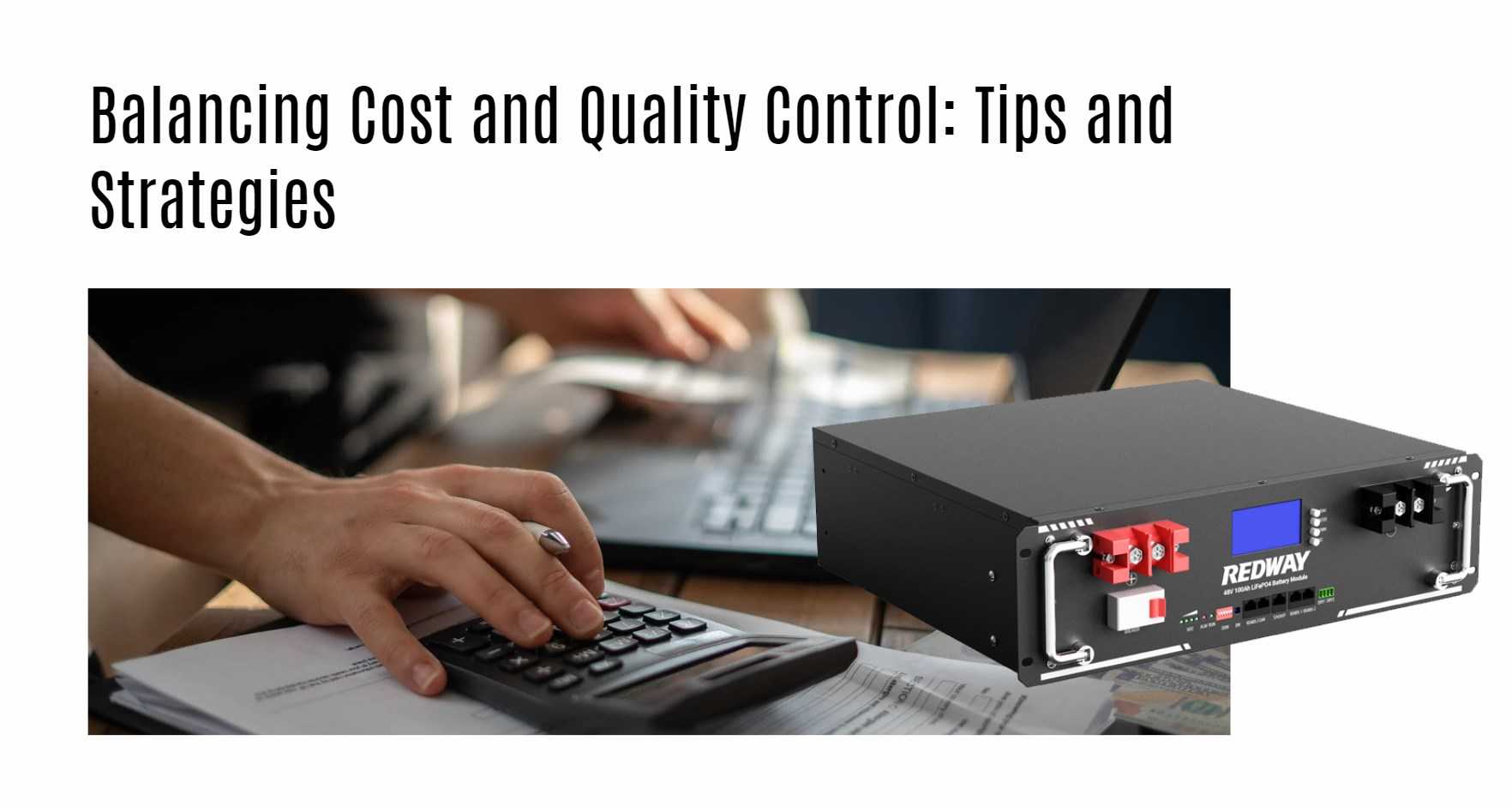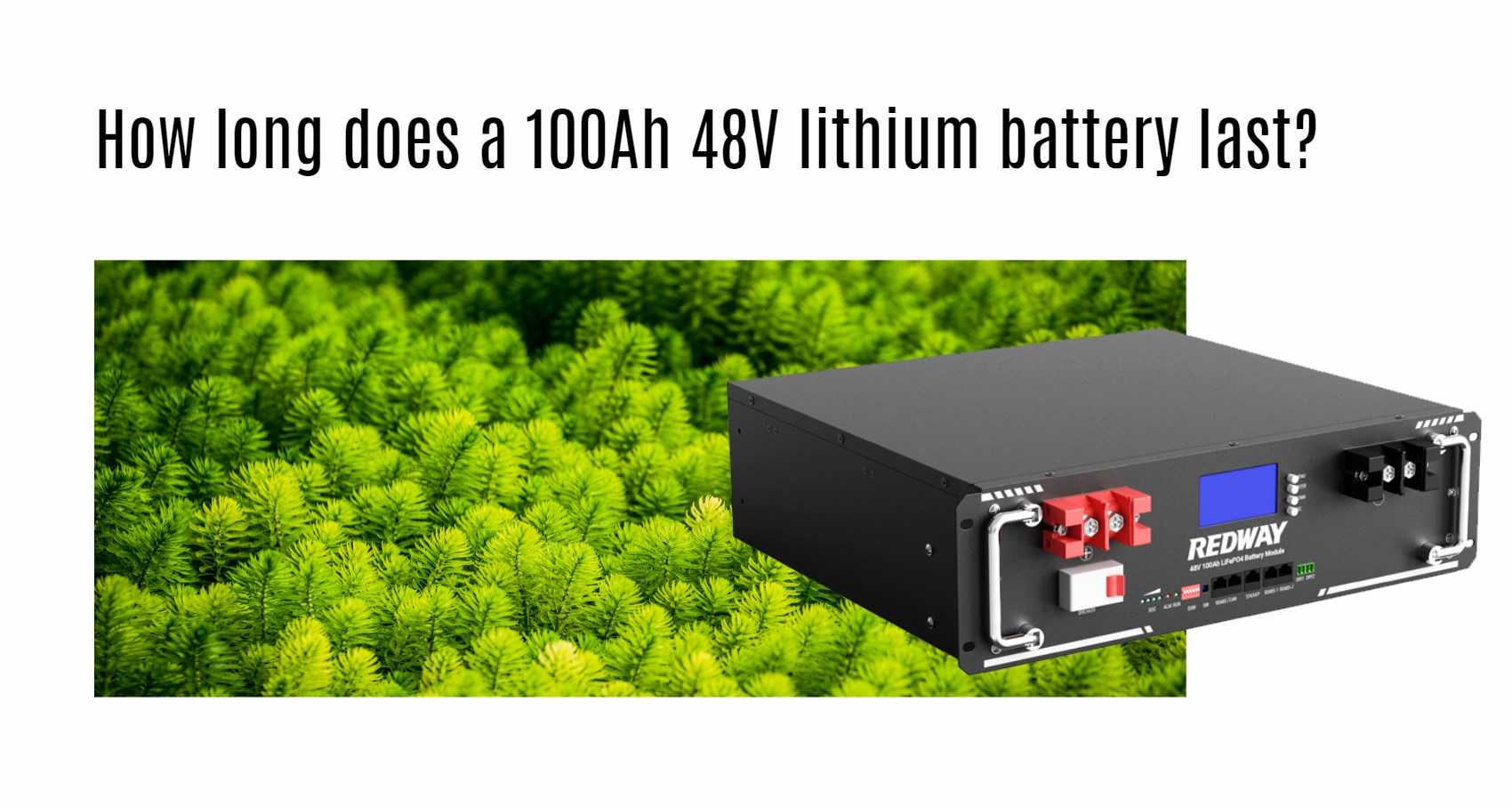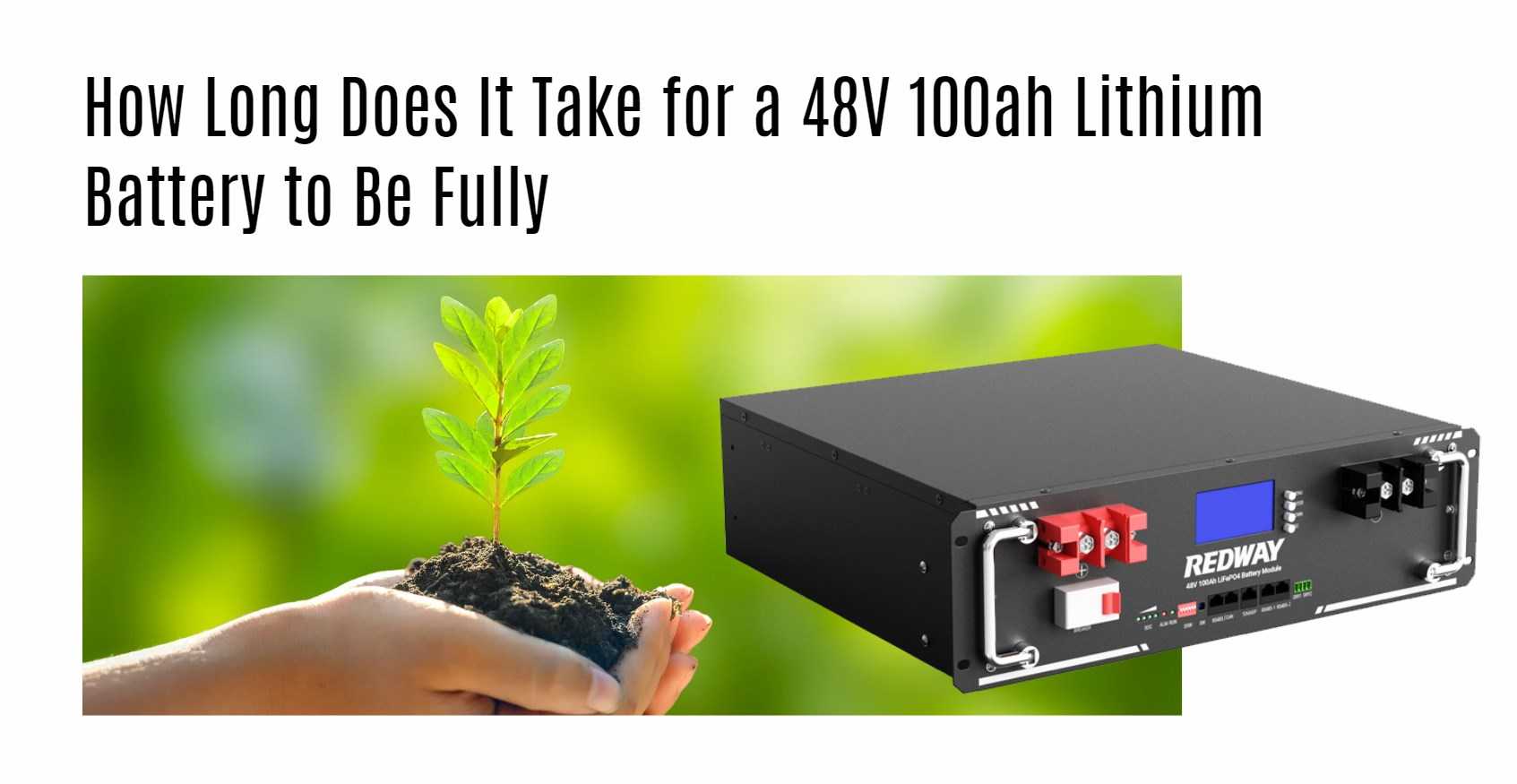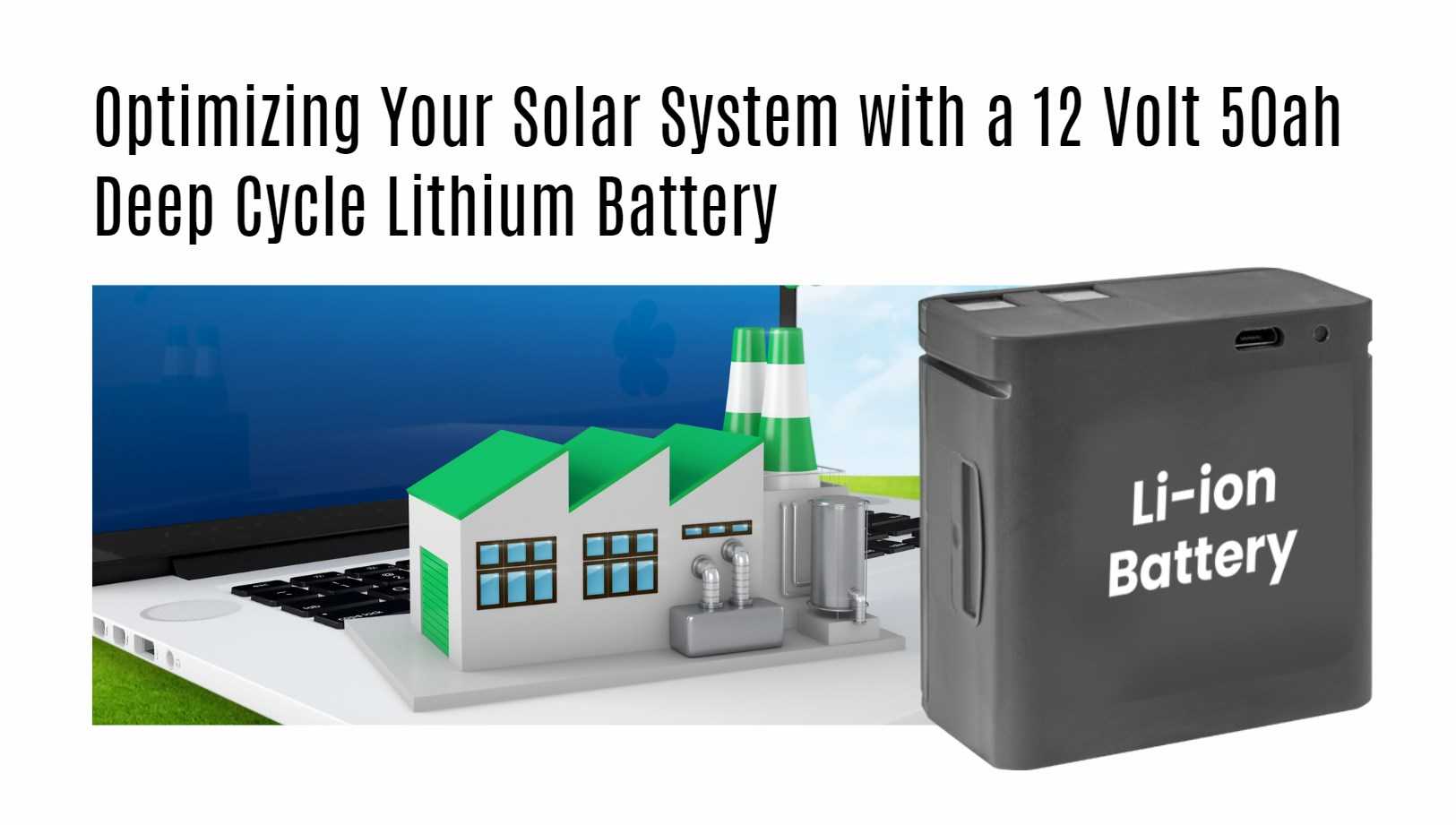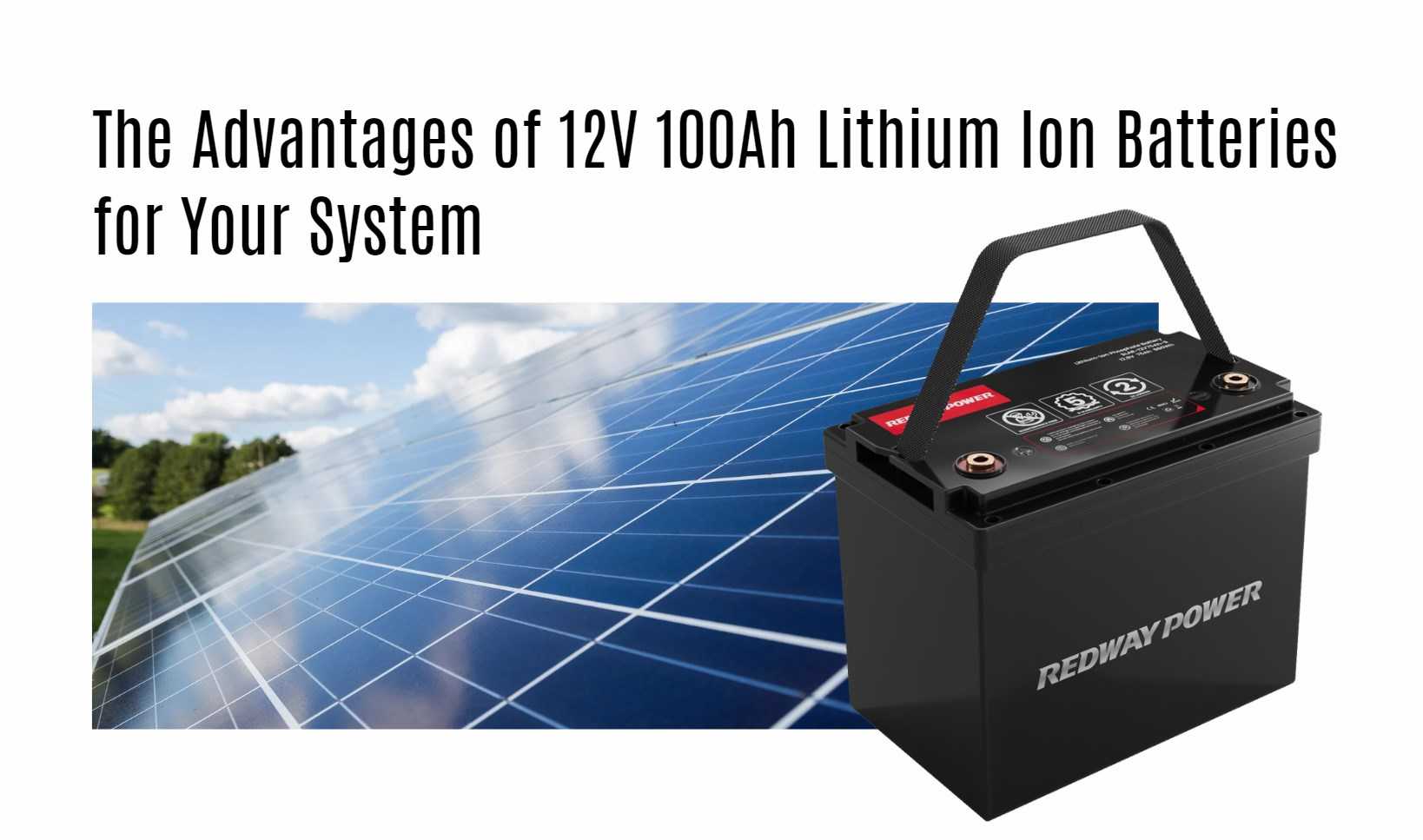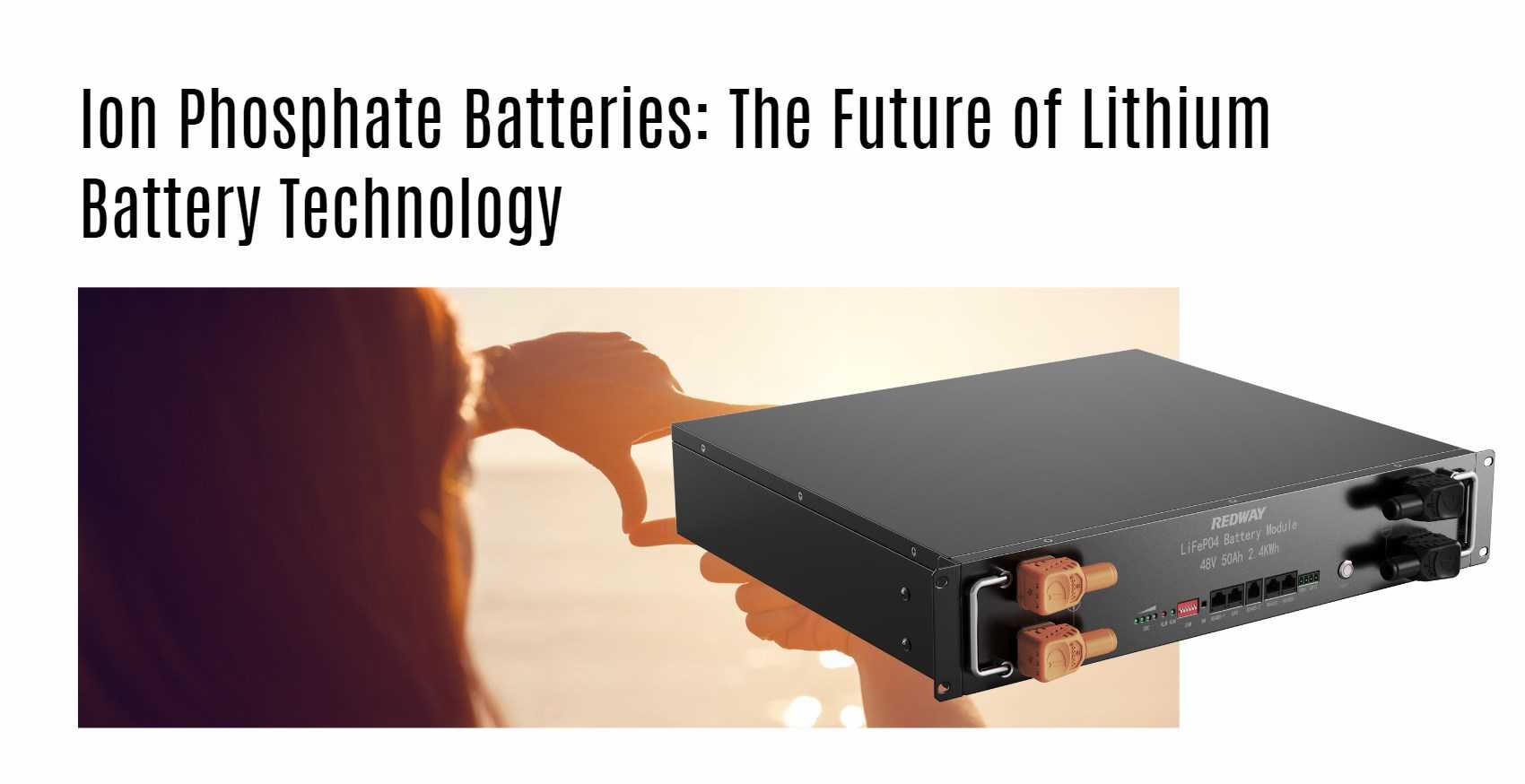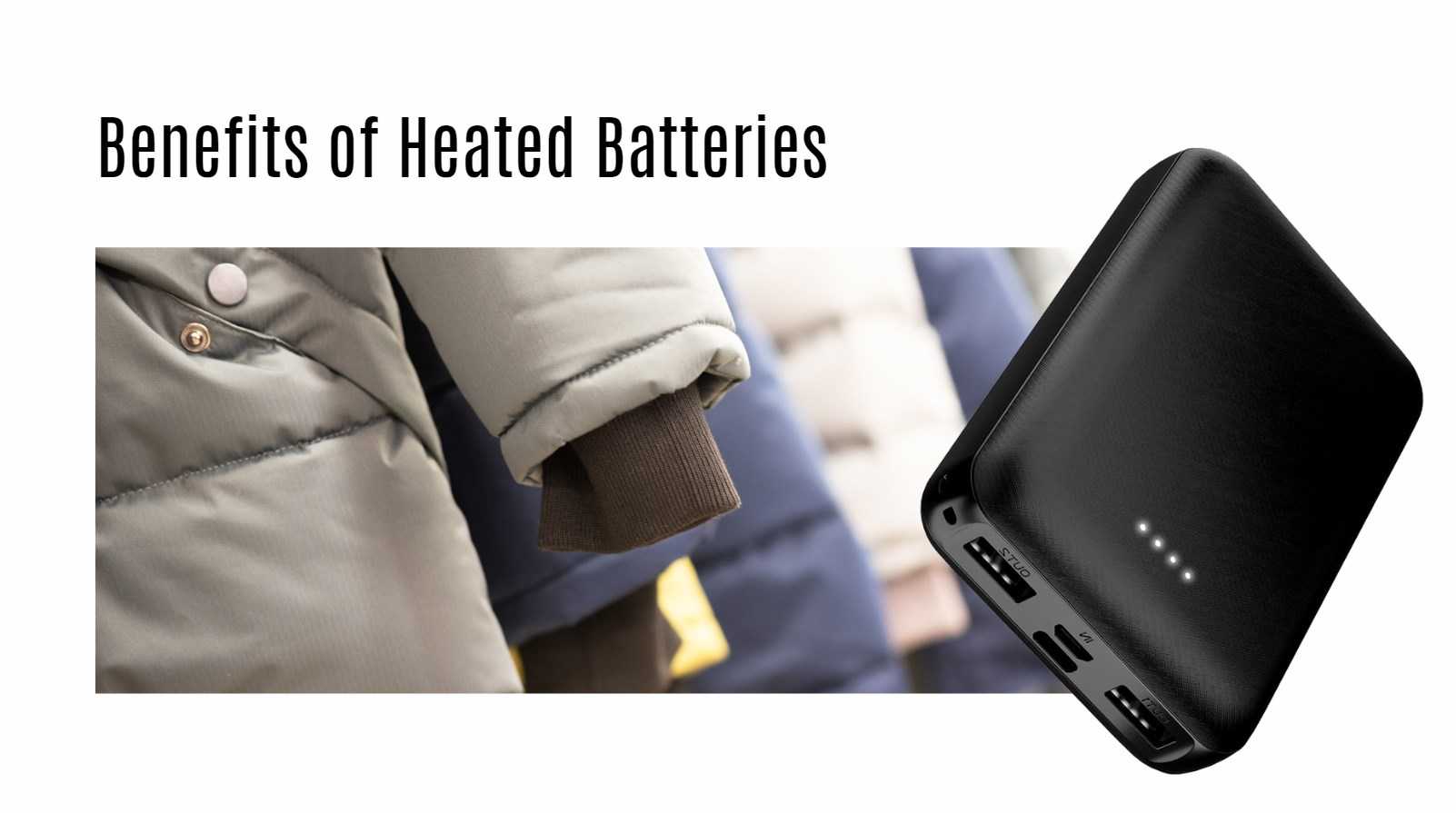What Does LiFePO4 Mean on a Battery?
LiFePO4 stands for lithium iron phosphate, a type of lithium-ion battery chemistry known for its safety, long life, and thermal stability. It is widely used in applications requiring reliable, durable, and safe battery performance, such as electric vehicles, solar storage, and industrial equipment.
What Is LiFePO4 and How Does It Differ from Other Lithium-ion Chemistries?
LiFePO4 is a lithium-ion battery chemistry using lithium iron phosphate as the cathode material, offering enhanced safety and lifecycle compared to other lithium-ion types.
Unlike traditional lithium-ion batteries that use cobalt or manganese cathodes, LiFePO4 batteries utilize iron phosphate, which is more chemically stable. This structure prevents thermal runaway, leading to less risk of overheating or fire. While the energy density is slightly lower than lithium cobalt oxide, the trade-off favors safety and long-term durability, making LiFePO4 ideal for demanding industrial and renewable energy applications.
How Does LiFePO4 Improve Battery Safety and Thermal Stability?
LiFePO4’s chemical composition provides exceptional thermal and chemical stability, minimizing risks of combustion under stress or high temperatures.
The phosphate-based cathode bonds lithium ions tightly, forming a stable lattice that resists decomposition. This reduces oxygen release during high temperatures or damage, the main cause of fires in other lithium-ion batteries. As a result, LiFePO4 batteries can safely operate in a wider temperature range and endure harsher conditions without hazardous failures. This makes them preferred for applications where safety and reliability are paramount.
Why Is LiFePO4 Known for Its Long Cycle Life?
LiFePO4 batteries offer thousands of charge-discharge cycles without significant capacity loss, outperforming many conventional lithium-ion chemistries.
Their stable chemical framework and minimized cathode degradation allow these batteries to maintain capacity after 2000+ cycles, sometimes exceeding 5000 cycles under optimal conditions. This longevity reduces the total cost of ownership for users, especially in renewable energy storage and electric vehicle markets. The robust cycle performance also supports sustainability by reducing battery replacements and waste.
Which Applications Benefit Most from LiFePO4 Batteries?
Industries such as electric vehicles, solar energy storage, forklifts, and RVs leverage LiFePO4 batteries for their safety, longevity, and stability.
LiFePO4 batteries are ideal for heavy-duty applications demanding resilience, like telecom backup power, marine, and golf carts. Redway Battery specializes in tailoring LiFePO4 battery packs for forklifts and golf carts, as well as renewable energy systems, due to the chemistry’s balance of performance and safety. Their use offers reliable power in environments that require rugged, consistent energy supply.
How Does LiFePO4 Impact Battery Weight and Energy Density?
LiFePO4 batteries have slightly lower energy density and higher weight compared to some lithium-ion variants but remain competitive with optimized pack designs.
While the volumetric energy density of LiFePO4 (~90-160 Wh/kg) falls below lithium nickel manganese cobalt (NMC) batteries (~150-220 Wh/kg), innovations in cell design have minimized this gap. In return, users gain enhanced thermal safety and longer service life. Redway Battery’s advanced manufacturing techniques optimize pack construction to maximize usable energy density and reduce overall weight while maintaining safety.
What Are the Environmental Benefits of LiFePO4 Batteries?
LiFePO4 chemistry uses abundant, non-toxic materials, making it a greener alternative to cobalt-based lithium-ion batteries.
Iron and phosphate are more plentiful and less environmentally harmful than cobalt or nickel used in other batteries. This reduces dependency on scarce or conflict minerals and lowers environmental degradation. Additionally, the extended lifespan of LiFePO4 batteries means fewer replacements, reducing battery waste. Companies like Redway Battery incorporate these eco-friendly advantages into their products, supporting sustainable energy solutions.
Where Is LiFePO4 Technology Heading in Future Battery Innovations?
Emerging research focuses on improving LiFePO4 energy density, fast-charging capabilities, and integration with smart battery management systems.
Manufacturers and researchers aim to enhance cathode material conductivity and pack designs to boost power output and charge speed, reducing traditional limitations. Integration with advanced BMS enhances safety and performance monitoring. Redway Battery applies these innovations in OEM/ODM customization, delivering batteries that suit diverse client needs while pushing the envelope on LiFePO4 capabilities.
How Does Redway Battery Support Customized LiFePO4 Solutions?
Redway Battery offers full OEM/ODM customization of LiFePO4 battery packs to meet precise energy, size, and safety requirements for clients globally.
With over 13 years of lithium battery expertise, Redway’s engineering teams design packs optimized for applications ranging from forklifts to solar storage. Their ISO 9001:2015 certified factories use automated production and MES systems to ensure high-quality, durable batteries. Customers benefit from tailored solutions that maximize safety, performance, and longevity, all leveraging the inherent advantages of LiFePO4 chemistry.
Comparison of Common Lithium-ion Battery Chemistries
| Feature | LiFePO4 | Lithium Cobalt Oxide (LCO) | Lithium Nickel Manganese Cobalt (NMC) |
|---|---|---|---|
| Energy Density (Wh/kg) | 90-160 | 150-200 | 150-220 |
| Cycle Life (cycles) | 2000-5000+ | 500-1000 | 1000-2000 |
| Thermal Stability | Excellent | Moderate | Good |
| Safety Risk | Low | Higher | Moderate |
| Environmental Impact | Low (iron, phosphate) | Higher (cobalt) | Moderate |
| Typical Use Cases | EVs, solar, forklifts | Smartphones, laptops | EVs, power tools, drones |
Redway Expert Views
“LiFePO4 batteries represent a breakthrough in safe and sustainable energy storage. At Redway Battery, we harness the chemistry’s strengths to produce tailored battery packs that deliver reliability, longevity, and enhanced safety. Our expertise in manufacturing and customization empowers industries ranging from material handling to renewable energy to adopt next-generation energy solutions that reduce environmental footprints without compromising performance.” – Redway Battery Engineering Director
Conclusion
LiFePO4 on a battery means lithium iron phosphate chemistry, prized for its superior safety, long life, and thermal stability compared to other lithium-ion chemistries. While offering moderate energy density, its durable performance and environmental benefits make it ideal for electric vehicles, renewable energy storage, and industrial applications. Redway Battery’s customized LiFePO4 packs further elevate these advantages, providing tailored, high-quality solutions for global energy needs.
FAQs
Q1: Is LiFePO4 safer than traditional lithium-ion batteries?
A1: Yes, LiFePO4 batteries are thermally stable and less prone to overheating or fire.
Q2: Can LiFePO4 batteries be fast-charged?
A2: Yes, with proper chargers and battery management systems, LiFePO4 supports fast charging without damaging longevity.
Q3: Are LiFePO4 batteries heavier than other lithium-ion types?
A3: Typically, yes. They have slightly lower energy density, so packs may weigh more for the same capacity.
Q4: Does Redway Battery offer LiFePO4 batteries for solar energy systems?
A4: Yes, Redway Battery provides customized LiFePO4 packs optimized for solar and energy storage applications.
Q5: How long can I expect a LiFePO4 battery to last?
A5: With good care, LiFePO4 batteries can last over 2000 full charge/discharge cycles, often many years in daily use.

